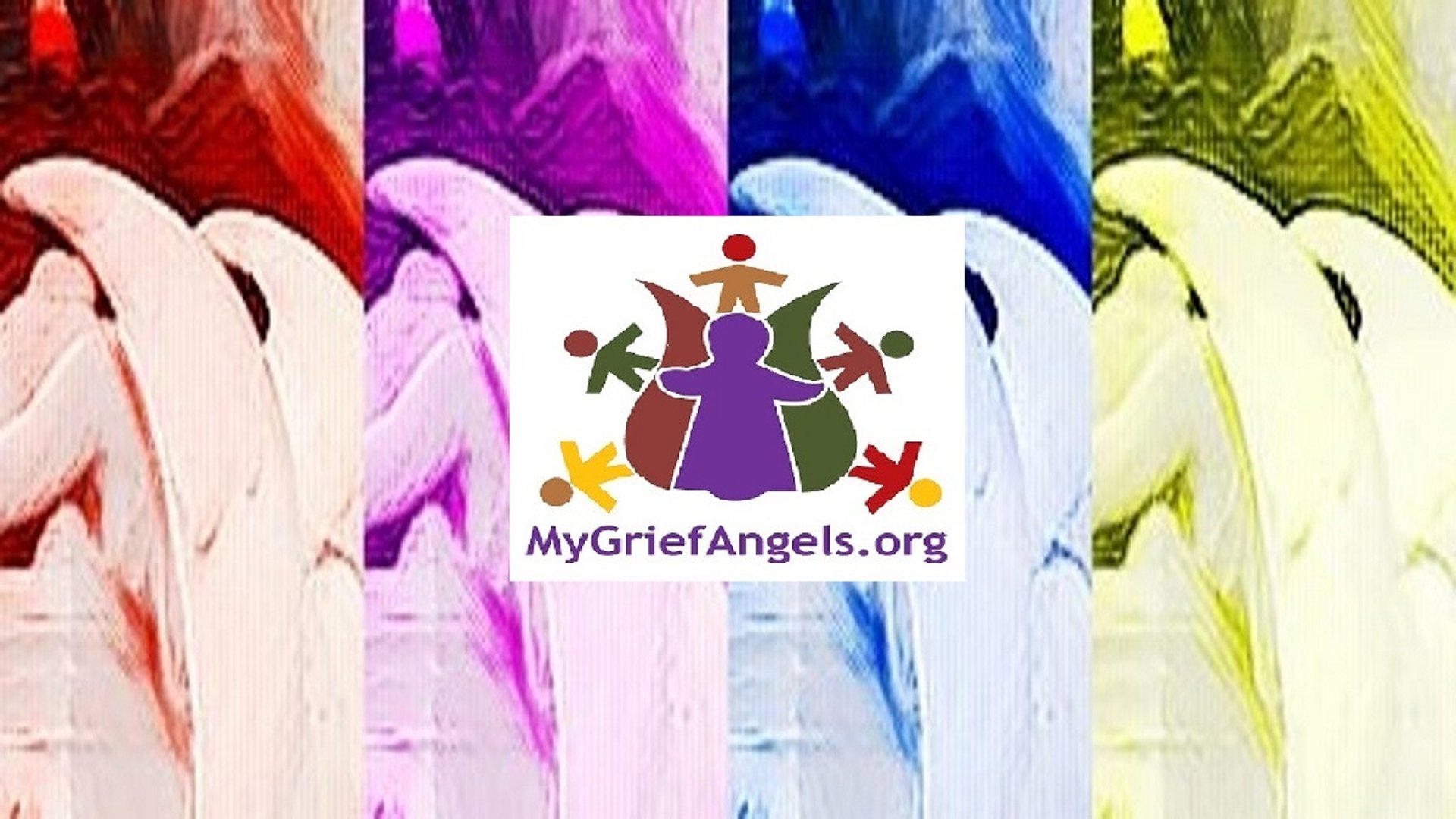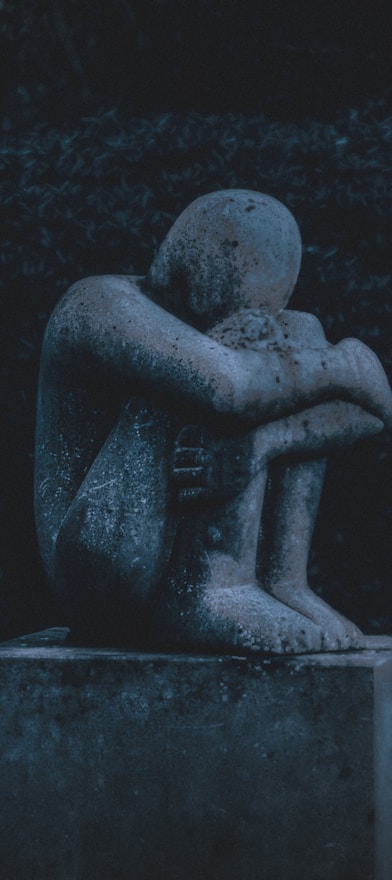Understanding
Prolonged Grief Disorder (PGD)
My Grief Angels - MyGriefAngels.org
American Psychiatric Association
https://www.psychiatry.org/patients-families/prolonged-grief-disorder
American Psychiatric Association
https://www.psychiatry.org/patients-families/prolonged-grief-disorder
Variations across cultures in the expected normal duration of grief
"There also appears to be variation across cultures in the expected length of mourning, during which ‘acute grief’ is considered normal. For example, in Germany, a Western society in which a Christian tradition prevails, a mourning period of one year is culturally accepted (Hays and Hendrix, Reference Hays, Hendrix, Stroebe, Hansson, Schut and Stroebe2008).
This mourning period can be much longer in non-Western cultures, such as traditional Chinese culture. In some Chinese traditions, a long-lasting self-restricted period of three years is expected after the loss of a child or parent, which implies respect for the deceased relative (Braun and Nichols, Reference Braun and Nichols1997; Klass and Chow, Reference Klass and Chow2011).
In Bali, Indonesia, numerous mourning rituals with social gatherings take place up to 10 years after the loss (Djelantik et al., Reference Djelantik, Aryani, Boelen, Lesmana and Kleber2021).
This may indicate a cross-cultural caveat in regard to the expected duration of a ‘normal’ mourning process (Rosenblatt, Reference Rosenblatt2008), with implications for the validity of PGD diagnostic criteria across cultures"
The American Journal of Geriatric Psychiatry
https://www.ajgponline.org/article/S1064-7481(23)00468-2/fulltext
What is the main finding of this study?
Older adults bereaved by COVID-19 reported more shock and disbelief, more hallucinations of the deceased, and more estrangement from others compared to older adults bereaved by non-COVID-19 deaths. COVID-19 bereavement was also associated with a high risk for probable prolonged grief disorder (PGD) by 12 months from the loss.
What is the meaning of the findings?
Older adults who have lost a spouse to COVID-19 have specific symptoms of distress and may eventually require clinical care for PGD."
" When grief doesn’t end Suffering the sudden death of a loved person leaves some survivors stuck in grief.
Can they win their lives back – and how? "
https://aeon.co/essays/how-to-ease-the-seemingly-endless-pain-of-prolonged-grief
"It is how people die that determines whether the survivors will develop the disorder.
‘If you unexpectedly lose a close person, you are much more likely to develop prolonged grief,’ says the clinical psychiatrist Katherine Shear who heads the Center for Prolonged Grief at Columbia University in New York.
Sudden loss includes death by murder, suicide, accident or an unexpected illness, like COVID-19.
A loss may become more traumatic when you don’t have a chance to say goodbye. What ensues is often a feeling of powerlessness.
Personal factors, like female gender, low education and an existing mental illness, further increase the risk of developing prolonged grief later on, as the psychiatrist Andreas Maercker writes in his clinical handbook Trauma Sequelae (2022).
The "Prolonged Grief Disorder MOOC (Massive Open Online Course)"



What is Prolonged Grief Disorder?
American Psychiatric Association (APA):
"Grief is a natural response to the loss of a loved one.
For most people, the symptoms of grief begin to decrease over time.
However, for a small group of people, the feeling of intense grief persists, and the symptoms are severe enough to cause problems and stop them from continuing with their lives.
Prolonged grief disorder is characterized by this intense and persistent grief that causes problems and interferes with daily life."
"An estimated 7%-10% of bereaved adults will experience the persistent symptoms of prolonged grief disorder (Szuhany et al., 2021)."


American Psychiatric Association (APA)
"Symptoms of prolonged grief disorder (APA, 2022) include:
Identity disruption (such as feeling as though part of oneself has died).
Marked sense of disbelief about the death.
Avoidance of reminders that the person is dead.
Intense emotional pain (such as anger, bitterness, sorrow) related to the death.
Difficulty with reintegration (such as problems engaging with friends, pursuing interests, planning for the future).
Emotional numbness (absence or marked reduction of emotional experience).
Feeling that life is meaningless.
Intense loneliness (feeling alone or detached from others
In addition, the person’s bereavement lasts longer than might be expected based on social, cultural, or religious norms."






